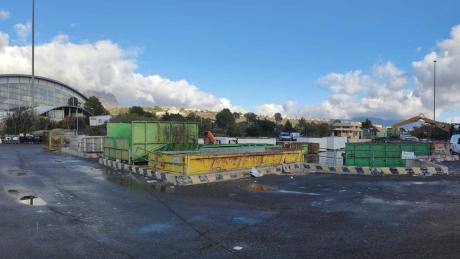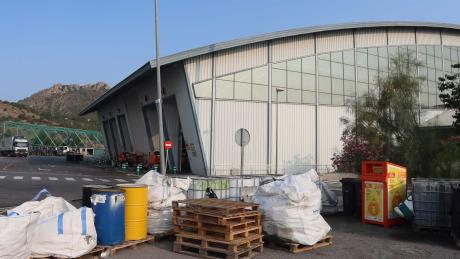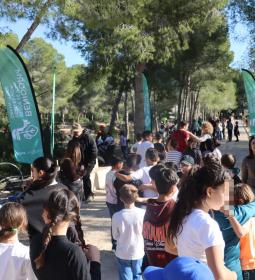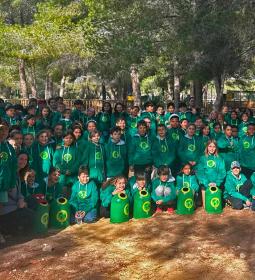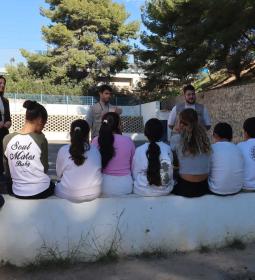The document has a duration of one year and will serve as a pilot test to plan a more efficient service adapted to demand
Benidorm signs an agreement with the Waste Consortium and FCC to manage the collection of used household oil and textile waste
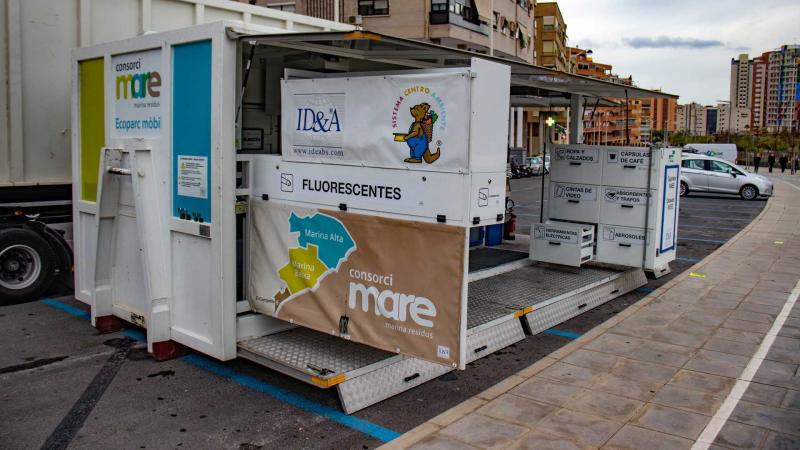
Benidorm City Council plenary session will approve on Monday, August 25th, the signing of an agreement between the City Council, the Consortium for the Execution of the Provisions of the Zonal Waste Plan 6, Management Area A1 (Consorci Mare), and the company Fomento de Construcciones y Contratas (FCC) Medio Ambiente SAU to promote the separate collection of textile waste and used cooking oil.
The agreement, which has already been approved by the information committees, paves the way for a pilot test approved by the Waste Consortium itself for the management of the collection of household oil and used clothing in various municipalities.
This pilot test will last one year and aims to "obtain actual usage data for these services to plan them more efficiently and in line with demand," explained Mayor Toni Pérez, who also specified that the pilot test "will not entail any cost for the City Council and, in return, we will receive a basic service that we currently do not have."
The Mayor noted that by joining this agreement, the City Council "contributes to more efficient and accessible management of special urban waste, by the principles of waste management hierarchy and the circular economy."
The pilot test, in the case of used clothing collection, will be carried out by implementing single-fraction ecological islands in the municipality at locations determined by the City Council. Regarding the collection of household cooking oil, various containers will also be installed. In this regard, the Consortium commits in the agreement to carrying out information and awareness campaigns through environmental educators during the first week of the facility's operation.
The agreement states that it is "essential" to conduct a specific study analysing municipal needs in terms of scope, coverage, and public acceptance, technical and economic feasibility, environmental impact, and operating and investment costs. This study will be conducted by FCC during the year the agreement is in effect. Regarding the collection of used vegetable oil, it is indicated that, given the low collection rate and the environmental and technical risks posed by its uncontrolled dumping, it is considered "necessary" to include in the same study the expansion and reinforcement of separate collection, expanding the scope and functionality of the consortium's systems.
The president of the Waste Consortium, José Ramón González de Zárate, noted that textile waste reaches landfills at 12% of the total. "Hence, it is essential to conduct information and awareness campaigns to try to reduce this percentage as much as possible." He also referred to the importance of these campaigns regarding household cooking oil "to prevent uncontrolled discharges into toilets, sinks, and other unauthorised points that cause significant deterioration in sanitation and treatment infrastructure and cost a lot of money to repair."
Furthermore, González de Zárate stated that this agreement is formalised "as an extension of the services provided by the Consortium's ecoparks." González de Zárate insisted that the Consortium is "competent" to provide this service, so "the Benidorm City Council's participation in this pilot test is highly beneficial for it, and it also does not entail any costs."
The president of the Waste Consortium emphasised that this test will provide "reliable and varied data that will allow us to define the possible future provision of this service throughout the Consortium's territorial scope."
In the specific case of Benidorm, obtaining this data on the collection of used clothing and household oil will also "provide valuable information for the next Street Cleaning and Urban Solid Waste Collection contract, which includes the collection of all types of waste in the city."
